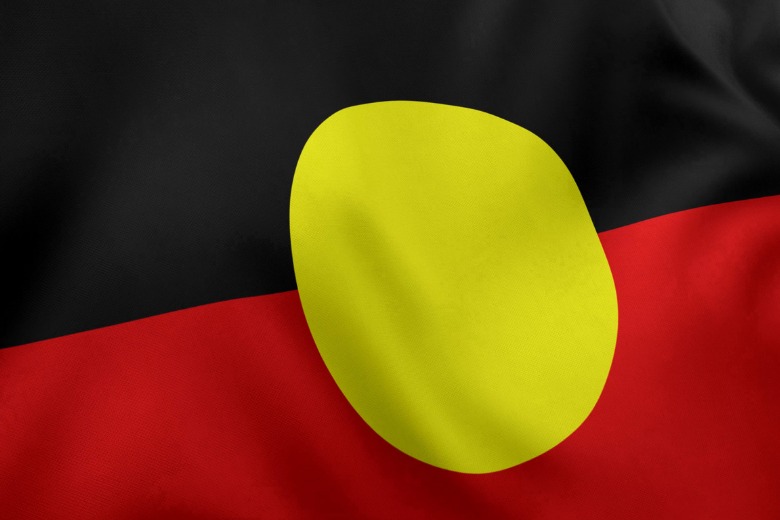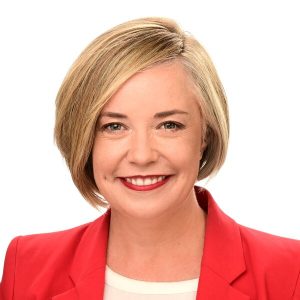
Councils attending this week’s ALGA National General Assembly will vote on a series of motions supporting an Aboriginal Voice to Parliament.

A motion by Brimbank City Council in Victoria, calls for the NGA to acknowledge the Australian Government’s support of constitutional recognition for Aboriginal and Torres Strait Islanders through a Voice to Parliament and recognise what the Uluru Statement and the Voice to Parliament will mean for Australia’s First Nations peoples and the broader Australian community.
The motion says the knowledge of Indigenous people helps governments implement policies and programs that create interconnectedness between people and nature.
“The Voice would help close the Indigenous disadvantage gap allowing Aboriginal and Torres Strait Islander people to determine laws, policies and services that impact on their lives,” it says.
Another motion from City of Holdfast Bay in South Australia calls on the federal government to note the local government sector’s support for the Voice and “provide resources and support for councils to actively pursue and promote community dialogue”.
“At its best, government can be the champion of progressive change,” the motion states.
“Leadership matters – both for what it does and does not do. Reconciliation of the past and a future free from racism must be a joint and collaborative endeavour, undertaken in a spirit of truth-telling together.
“However, there can be no truth-telling if Aboriginal and Torres Strait Islander people do not have an inherent, protected, and lasting right to have their voices heard within the fabric of our governance systems, and power over their own destiny.”
Meri-Bek’s motion calls for a strong campaign to amend the constitution and establish The Voice, calling it a path forward for justice and self-determination for First Nations peoples.
“All levels of government, including local government, must play a key role in this change,” it says.
Statement from the Heart
The Voice to Parliament, proposed in the Uluru Statement From the Heart, would be a body enshrined in the Constitution that would enable Aboriginal and Torres Strait Islanders people to provide advice to the Parliament on policies and projects that impact their lives.
It is anticipated that the Voice to Parliament will have a total of twenty-four members and include representatives from all Australian state and territories as well as the Torres Strait Islands.
A referendum to and Aboriginal and Torres Strait Islander Voice will be held between October and December.
The role of local government in the Voice to Parliament is yet to be determined, and ALGA is yet to release a policy statement.
Australia Day
Meanwhile, Victoria’s Maribyrnong City Council will move that the NGA calls on the federal government to consider changing the date of Australia Day, arguing that for many First Nations People the day signifies dispossession, destruction of culture and separation from families.
Consideration should be given to implementing actions that are more inclusive and respectful of all people’s experience of Australia’s National Day, the motion says.
ALGA’s National General Assembly will be held at the Canberra National Convention centre from June 13-15, with motions to be voted on over Tuesday and Wednesday.
This year also marks the return of the Australian Council of Local Government (ACLG), which will meet for the first time in more than a decade on June 16.
“Meeting this week in Canberra, local governments will work together to share ideas to best support our communities, whilst speaking as one to the Prime Minister and Federal Government about how we can best partner together to achieve more for the public good,” ALGA President Linda Scott said.
Comment below to have your say on this story.
If you have a news story or tip-off, get in touch at editorial@governmentnews.com.au.
Sign up to the Government News newsletter
All politicians and councillors are elected to represent their electorates. Their personal (including religious) views on any matter should not influence their decision making re laws/policies/budget allocation. They can express their personal views via voting at elections/referenda.
How many politicians actually consult their electorates for voters’ views on contentious issues? How many councillors consult ratepayers and residents for their views on contentious issues?
The aboriginal/indigeneous special voice to parliament is an issue of extreme importance for the future of democratic government in Australia. The changes to the Constitution that are being demanded have immediate and even permanent ramifications that are not being publicised. For example, what will be the next special interest group that will demand a similar “A special voice -and the next….? Note that those claiming aboriginality/indigenosity are the only ethnic or specific group that has a whole federal Department of Indigenous (previously, Aboriginal) Affairs, successive huge budgets for”closing the gaps” and for a significant period have been headed by those identifying as aboriginal/indigeneous – as well as state ministers and shared ministers. Why are those not special voices to Parliament that all other ethnic groups do not have/are denied?
If pollies and councillors refuse to consult their electorates on contentious issues, then they should abstain from voting on those issues.